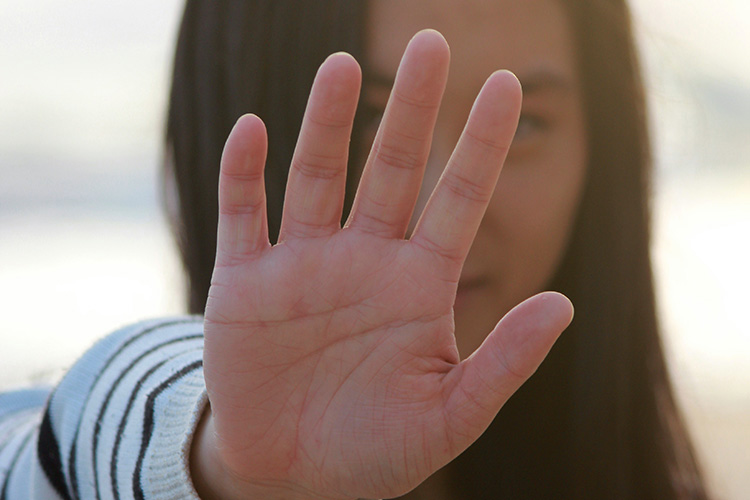
IMPRŏV-able Results Blog!
Let me know what articles you find particularly helpful and what else you would like to read about.
Contact me at sandy@improv-ableresults.com, 206-351-5899, or click Contact.

It was an improv class. The exercise was called “freeze.” Two players would start a scene based on a suggestion: maybe cleaning house, hiking up a mountain, going on a first date.
At any point, any student watching could call out “freeze.” The players then halted abruptly mid-air, mid-sentence. The caller tagged one of them out, assumed the same exact position, and started a brand-new scene. A completely different setting. The new player helped the partner understand what was happening now via actions and indirect words.
We were to look for interesting poses, stop the action, and go in blind. Scary! I didn’t want to look like an idiot. I wanted to call “freeze” and quickly decide what I’d do in that position before getting up there. This didn’t work. Opportunities passed before I could think it through. Other students jumped right in, confident that they could think on their feet. I wished I could be that spontaneous. I stopped taking improv classes.
- - - - -
Over the next few years, my studies in psychology and communication, plus my experiences as a member of speaking clubs, taught me a lot about myself and how to overcome social anxiety and stage fright. I even participated in speaking contests. Up front one night, I watched the audience watch me, and I realized that I loved it!
I used to think I was the only one who was scared. But as I gained confidence and became a better observer of people, I began to recognize barely hidden fears all around me. I decided I could help others come out of hiding and enjoy greater spontaneity, confidence, and success both personally and professionally.
I started coaching small groups. One of my tools: improv games! I knew this could help them, if it didn’t scare them away. Thinking back on Freeze, I realized it was a valuable exercise. But, it needed to be tweaked for non-performers, for businesspeople:
To start, I’d ask for two volunteers to go up front, telling them I’d give them a setting to improvise and that I’d call “freeze” at some point. After they hit their stride, I looked for a promising position. As they stood frozen, I spoke to the group: “Look at them. What position looks intriguing to you? Any one of you can go up and tag that person out. Don’t worry about what to do next. We’ll help you.” They were willing to do that. Then I said: “Think about something else you’d be doing in that position. If you have an idea, go for it, start a new scene. If you’re stuck, call out ‘help’ and we’ll give you a suggestion.” I was amazed at how quickly people thought of something and didn’t need help. Then they even started calling out “freeze” on their own! Paralysis became playfulness. They didn’t fear not knowing what to do next.
Spontaneity can be developed through supportive exercises like this. You can become more confident in thinking and speaking on your feet each day. If you need help, consider seeking out a local speakers group like Toastmasters, or starting your own “Freeze” group, or working with a communication coach (in a group or individually). Seek out brief conversations each day. The more you practice, the easier it will be to put anxiety on the back burner and free up space for more fun, greater creativity, and better relationships. We all have times when we experience a freeze and we don’t know what to do. You don’t have to let the freeze keep holding you back.